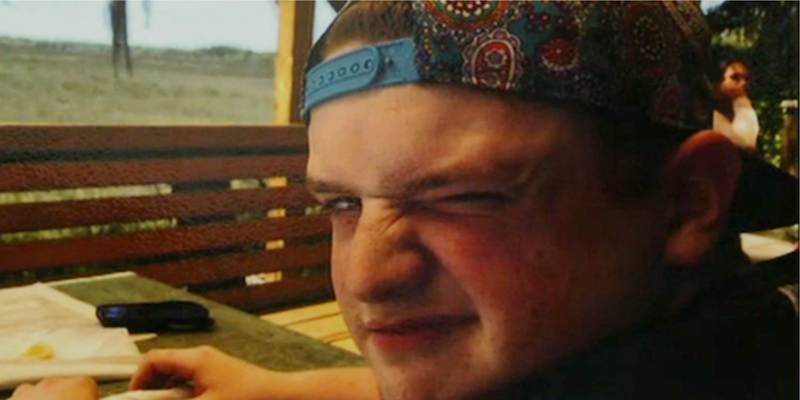A 16-year-old South Carolina boy died from a caffeine overdose after drinking caffeine-laden soft drinks, coffee and an energy drink, a coroner.
Davis Allen Cripe collapsed and died last month. Richland County coroner Gary Watts told a news conference: “On this particular day within the two hours prior to his death, we know had consumed a large diet Mountain Dew, a cafe latte from McDonald’s and also some type of energy drink,” Watts said.
“It was so much caffeine at the time of his death that it caused his arrhythmia.”
Just last month, Researchers reported that energy drinks can cause dangerous changes in heart function and blood pressure above and beyond caffeine alone.
“These drinks can be very dangerous,“ Watts said. “I’m telling my friends and family don’t drink them.”
Watts said he is unsure of what type of energy drink Cripe drank.
“The autopsy was performed and there was nothing there to indicate any type of … undiagnosed heart condition,” he said.
A medical examiner and a forensic toxicologist both examined Cripe. “Based on his weight, the intake of caffeine that he had exceeded what is considered a safe level,” Watts told NBC News.
“I realize this is a controversial scenario,” Watts added. “There are are obviously people that don’t think this can happen — that you can have this arrhythmia caused by caffeine.”
Watts hopes the case would get the word out and help prevent more such deaths.
“The purpose here today is not to slam Mountain Dew, not to slam cafe lattes, or energy drinks. But what we want to do is to make people understand that these drinks — this amount of caffeine, how it’s ingested, can have dire consequences. And that’s what happened in this case,” Watts said.”It wasn’t a car crash that took his life. Instead, it was an energy drink,” the boy’s father, Sean Cripe, said at the news conference.
“Parents, please talk to your kids about these energy drinks.”
Caffeine prompts the release of natural compounds which are called catecholamines, including norepinephrine, a stress hormone that can increase the heart rate. People who have died from documented caffeine overdoses had irregular and rapid heart rates, seizures and also sometimes choked on their own vomit.
A 12-ounce Mountain Dew contains 54 mg of caffeine and McDonald’s does not report the amount of caffeine in its coffee.
Watts said that conversations with Cripe’s friends and classmates helped them figure out what he had to eat and drink in the hours before he died.
“Davis, like so many other kids and so many other people out there today, were doing something that they thought was totally harmless, and that was ingesting lots of caffeine,” Watts said.
